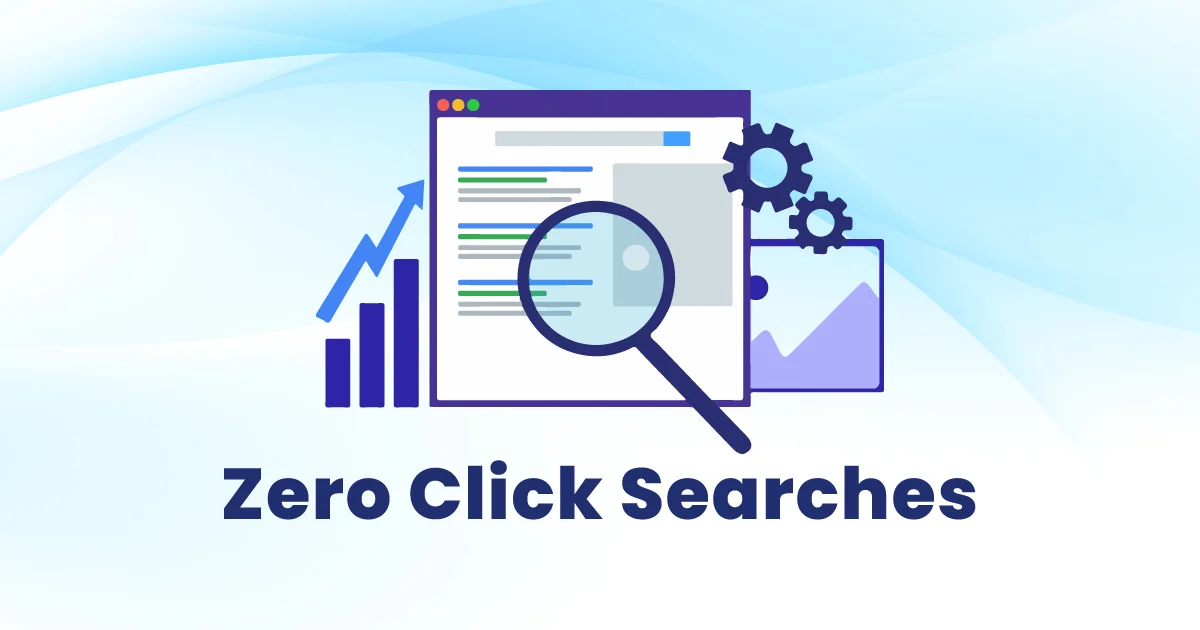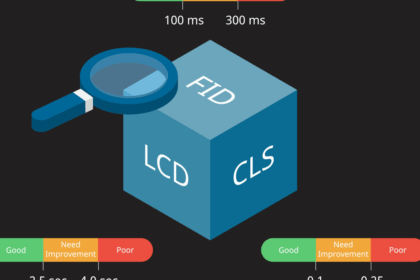In the evolving landscape of digital marketing, few trends have sparked as much debate as the rise of zero-click searches. These are search results where users find the answers they need directly on the search engine results page (SERP) without ever clicking through to a website. From weather forecasts and flight tracking to definitions and AI-generated summaries, Google increasingly serves answers upfront—reducing the need for users to visit the source.
While this shift enhances user experience, it’s fundamentally changing the rules of engagement for publishers, SEOs, and content creators. So, is the zero-click phenomenon an opportunity, a threat, or both? Let’s explore.
What Are Zero-Click Searches?

A zero-click search occurs when a user gets the information they need from the SERP itself—through featured snippets, knowledge panels, local packs, or AI summaries—without clicking on any of the organic or paid results.
For example:
- Searching “time in Tokyo” yields a direct time box.
- Typing “Elon Musk age” displays the answer instantly.
- A query like “how to boil eggs” might produce a snippet with full instructions.
With the rise of AI-powered tools like Google’s AI Overviews and Microsoft’s Copilot search, even more complex queries now trigger zero-click outcomes.
How Prevalent Are Zero-Click Searches?
Studies show that more than half of all Google searches end without a click. On mobile devices, that number can exceed 60%, driven by instant answers, voice search, and improved SERP features. As Google continues to integrate AI-generated content into results, the number of zero-click interactions is only expected to grow.
This trend marks a significant departure from the classic search model, where clicks were the ultimate measure of success. Now, visibility and influence often occur without traffic.
The Threats of Zero-Click Searches

1. Traffic Decline
The most obvious consequence of zero-click searches is reduced referral traffic. Even if your content ranks first, a well-structured featured snippet may give users everything they need—without ever visiting your site. For content-driven publishers, this means fewer pageviews, lower ad revenue, and reduced engagement.
2. Data Ownership and Attribution
When Google extracts and displays content directly on the SERP, it often offers little incentive—or ability—for the user to dig deeper. In some cases, attribution may be minimal or omitted entirely, raising concerns around intellectual property and fair use.
3. Devaluation of Long-Form Content
When quick answers suffice, in-depth articles, thought leadership pieces, and even product pages may be overlooked. The nuance and value of comprehensive content often get lost in a world optimized for brevity.
4. Algorithm Dependency
As Google evolves, content creators must constantly adapt to its latest rules, layout changes, and ranking criteria. Zero-click content relies heavily on structured data, semantic optimization, and guesswork about how the AI will interpret your information.
The Opportunities of Zero-Click Searches

1. Enhanced Brand Visibility
Zero-click doesn’t mean zero value. Earning a featured snippet, being part of a knowledge panel, or cited in an AI overview can significantly increase brand awareness, trust, and perceived authority—even without a click.
When your brand is the one answering the question, you position yourself as the expert in the user’s mind.
2. Voice Search Optimization
Zero-click answers are the backbone of voice assistants. If your content powers these answers, you’re effectively becoming the voice behind the AI. Optimizing for this space positions your content for the future of search.
3. High-Funnel Engagement
Many zero-click searches address top-of-funnel queries—people gathering basic information or doing initial research. Being present at this stage may not yield immediate traffic, but it builds familiarity that can pay off later through branded searches, backlinks, or social shares.
4. Insights into User Intent
When users don’t click, it forces marketers to think harder about intent. What do users really want? How can you go beyond the obvious? This introspection often leads to stronger content strategies and more effective funnel design.
How to Adapt to the Zero-Click Era
1. Target Click-Worthy Queries
Focus on topics that can’t be answered in a single sentence. Instead of “What is SEO?”, consider “How to build a long-term SEO strategy” or “Best SEO tools for enterprise websites.” These queries invite deeper exploration.
2. Optimize for Snippets, but Add Value Beyond
Structure your content for featured snippets (lists, steps, definitions) while offering something extra that compels users to click through—original data, detailed walkthroughs, or interactive tools.
3. Leverage Schema Markup
Implement structured data (FAQ, HowTo, Review, Product) to make your content easier for Google to parse and feature. This increases your chances of appearing in rich results and AI-generated summaries.
4. Build Brand Authority
In a world where clicks are scarcer, trust matters more. Position your brand as a credible source through author bios, media mentions, case studies, and consistent publishing. When users recognize and trust your name in a snippet, they’re more likely to click—or remember you later.
5. Capture Leads On-Site
Once users land on your site, capitalize on that visit. Offer lead magnets, newsletter subscriptions, or tools that convert curiosity into connection. Don’t just focus on clicks—focus on outcomes.
Is It an Opportunity or a Threat?
It’s both. Zero-click searches are a disruptive force, no doubt—but disruption often breeds innovation. While traditional metrics like CTR may decline, new forms of visibility and influence are emerging.
Brands that cling to the old model may struggle, but those that evolve—by understanding search intent, improving on-page experience, and playing to AI’s strengths—can thrive.
It’s not about chasing every click anymore. It’s about being present, trusted, and valuable, even when users stay on the SERP.
Final Thoughts
Zero-click searches are reshaping the search landscape. For some, it’s a warning bell. For others, it’s a call to innovate. The key is to stop seeing traffic as the only metric that matters. In the age of AI-driven SERPs and instant answers, success lies in visibility, relevance, and lasting brand impact.
The search game hasn’t ended—it’s just changed the rules. Those who adapt will lead the next era of digital growth.






